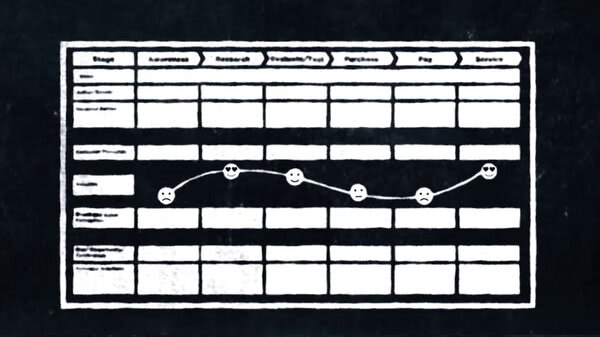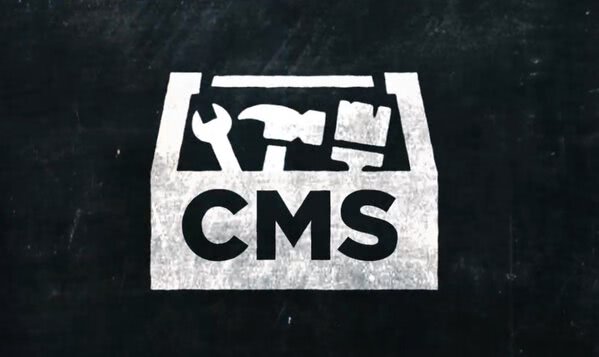Welcome to our video series, all about CMSs.
As usual, we're going to start with a few definitions and a little history.
So what is a CMS? CMS stands for Content Management System, which is pretty vague, when you think about it.
Taken on face value, that could be anything from your kitchen spice rack to the Dewey Decimal System.
But for our purposes, the content we're talking about is usually text and image that appear on a web page or in an app.
But isn't the content on a website just created and managed by HTML code?
Well, yes. And there's the rub.
You need to know coding to alter the appearance of your content or website.
Unless that website has a piece of software called a CMS built into it.
With the right Content Management System, anyone with a mouse, a keyboard and a password can customize the website -- and without having to write a single line of code.
In fact, content management systems can be used to build entire websites.
So there are two main reasons that people might want to incorporate a content management system into their website or app.
1) They'd like to build their website themselves, but don't know how to code or 2) Once their website has been created, they regularly add or remove content.
In this latter situation, CMSs are often incorporated into websites that have a lot of repeating elements with the same basic format, like records in a database. This is sometimes referred to as serialized content.
Here's an example: Let's say you run a medical supply business. You're constantly receiving shipments of products from various manufacturers. As these products become available, you add them to your catalog, which appears on your company's website.
In the catalog, each item is part of a product category and has its own product page with some photos of it, some text and graphics describing its many wonderful features, how many units you have in stock, the price-- all that stuff.
A lot of the items in the catalog are there year after year, but others are added or replaced on a monthly basis.
So every time a new product arrives, you can either call a programmer to update your catalog or you can have your website built with a CMS so that any member of your team can update it.
With a CMS, it's quite simple for someone to add a page for a new product or add a banner highlighting a drop in price. There's no need to call a programmer or to retain one on staff.
In later videos, we'll be looking at whether or not your website or app should incorporate a CMS and how to choose the best option for your particular situation.
So there are lots of CMSs out there. Here are some of the most popular: Adobe Experience Manager, Droople, Oracle, Squarespace, Sitecore, Shopify, WordPress.
Some of these names are strictly CMSs, like WordPress. And others, like Oracle, are whole suites of programs called digital experience platforms that include a CMS.
If your company is a large enterprise, it probably subscribes to one of these. If there's one name on that list you recognize I'm betting it's WordPress because it's the world's most popular CMS.
The very first version of WordPress was released in 2003 as a blogging platform. But why, you ask, would blogging require a content management system?
Well, if you look at each new entry in a blog as a new item in our catalog, to use our original example, it makes sense.
With WordPress, bloggers were able to add a new rant or article to their site every week without having to call in a web developer to make the changes.
And because its code is open source, developers have been adding plug-ins and other modifications to WordPress for almost 20 years, now.
Today, it's a platform for a third of all websites, including some pretty big ones: Best Buy, Sony Music, the official website of Sweden are all built on WordPress. But as we'll see later, popularity has some major drawbacks.
All right, now that you know what a CMS is and have a little bit of history,















